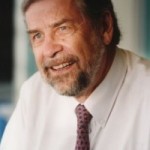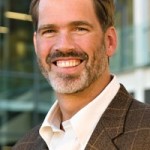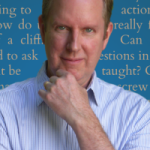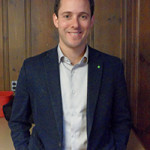Jean-Philippe Deschamps graduated with a degree in marketing and business management from École des Hautes Etudes Commerciales (HEC) in Paris; from the European Institute of Business Administration, INSEAD in Fontainebleau, and from the Harvard Business School. He began his career as a commercial attaché in the New York City office of the French Embassy in the United States. Prior to joining IMD, Professor Deschamps was based in Brussels as a corporate vice-president with Arthur D. Little, and chairman of the firm’s technology and innovation management practice, which he created in 1981. Before that, he was Arthur D. Little’s first European practice leader for strategy and organization. He has thirty years of international management consulting experience throughout Europe, North America, Asia and the Middle-East. Deschamps is the author of numerous articles and book chapters, and co-author of Product Juggernauts: How Companies Mobilize to Generate Streams of Market Winners, which has been translated into six languages and long featured in the best-selling list of the Harvard Business School Press. His new book, Innovation Leaders: How Senior Executives Promote, Steer and Sustain Innovation was published by Wiley/Jossey-Bass in April 2008. He was recognized by The Economist as one of Europe’s influential innovation management thinkers and has given conferences and lectures throughout the world, including twice at the World Economic Forum in Davos.
On the show, Jean-Philippe Deschamps detailed his idea of “innovation governance.” Innovation management, he said, is quite tactical, project and process focused, and for a firm to truly be successful and innovative, it ought to have a broader guidance up to and including the C-suite and Board of Directors. These people need to set the firm on a grand path towards being innovative, to govern resource allocation, firm-wide values, human resources and more.




















